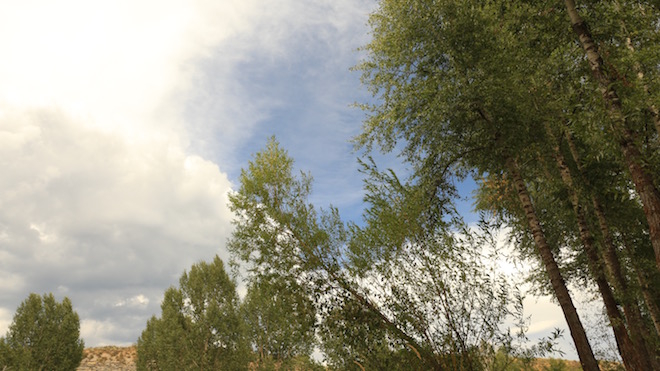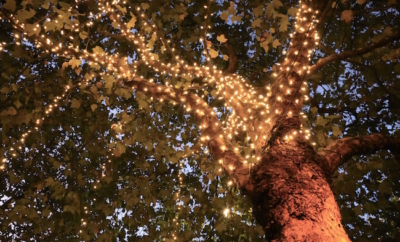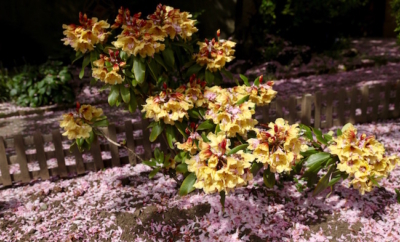
Existential Psychology
Therapy For Deep Sadness
The first and most important thing we need to understand in this article is that deep sadness and depression are not the same thing, not by a long shot. Actually in the existential psychological sense they are polar opposite states of being. It’s just that they usually share some symptoms, like crying.
But the deep state of sadness causes distress precisely because of a human sensitivity that can only exist when we feel authentically connected to people and the world. Depression, on the other hand, is a lack of that felt authentic connection, and it’s precisely this lack of connection and the blunted sensitivity that goes along with it that causes distress. One causes distress because you’re so sensitive, the other causes distress because you’ve become insensitive.
If you’re deeply sad it’s because your life situation hasn’t turned out the way you hoped or thought it would. You’ve lost something fundamentally important to you. Therefore your sadness probably is justified and what’s called for is moving through and completing the grief process in order to say goodbye to the old in order to make way for the new.
So really the most important place to start is to just let yourself feel sad, to let yourself inhabit the state without judgment or censure, without feeling like you’re a weirdo or have a clinically diagnosable disorder. Human life is unavoidably filled with loss and suffering of all kinds, and actually what’s neurotic is resorting to the various psychological defense mechanism to push away any and all awareness around this loss and suffering. It’s not neurotic to accept and sit with deep sadness it’s healthy and brave.
But there are a few ideas that will hopefully help you activate, help you come up with some sort of plan of attack to get to a place where you feel whole again and are ready to let your felt connection to people, projects, and the world cause you to be happy.
The first is a metaphor used in various contexts by Thich Nhat Hanh. It’s that if you are walking through a garden and happen to see a weed, you don’t let this weed ruin your appreciation for all the blooming plants around you, you don’t decide that the whole experience is ruined because of that one weed. What happens to people when they’re deeply sad is that they get tunnel vision and forget about all the wonders of life readily available to them. The object of sadness takes on gigantic dimensions, to the point where it colors all aspects of the life experience. It’s like that one stimuli is so big and powerful that it takes up all available psychic space, so that the other myriad stimuli are ignored or only given lip service. Gratitude is the antidote to sadness, not the sort of gratitude where you compare yourself favorably to others who have it worse but the kind of gratitude where you fully recognize the miracle of you being alive and sentient and capable of experiencing the wonders of life in this moment.
The second idea is to bring into conscious awareness the reality that life is short and precious, and every day you spend deeply sad is a wasted day in the sense that you could have been cultivating gratitude and happiness and joy as you moved upon your continuum of growth and self-actualization. So the question to ask yourself is, “How many days do I want or need to sacrifice to sadness?” Remember that like we said above your sadness is probably justified, you do need to devote time to inhabiting the state and moving through your grief, no question about it. The question is how much time. A week? A month? A year? Ten years? A lifetime? You don’t need to try to change anything about how you’re feeling right now if you’re feeling deeply sad, but something about consciously saying “I don’t want to feel this way forever and I am going to do what I need to do to be happy again” is liberating and kickstarts the healing process.
Things didn’t work out the way you hoped or thought they would. Your expectations were shattered. Cleaning up that mess is supposed to take time and effort, we’re not always supposed to just jump back up, dust ourselves off, and get back out there as if nothing of importance has occurred. But it’s the deep fear around really and truly letting go, really and truly accepting that life has irrevocably changed, that keeps so many people in a deep sadness holding pattern where they never get over it because they don’t want to touch it, they don’t want to let themselves accept or inhabit the state and they especially don’t want to have to say goodbye.




